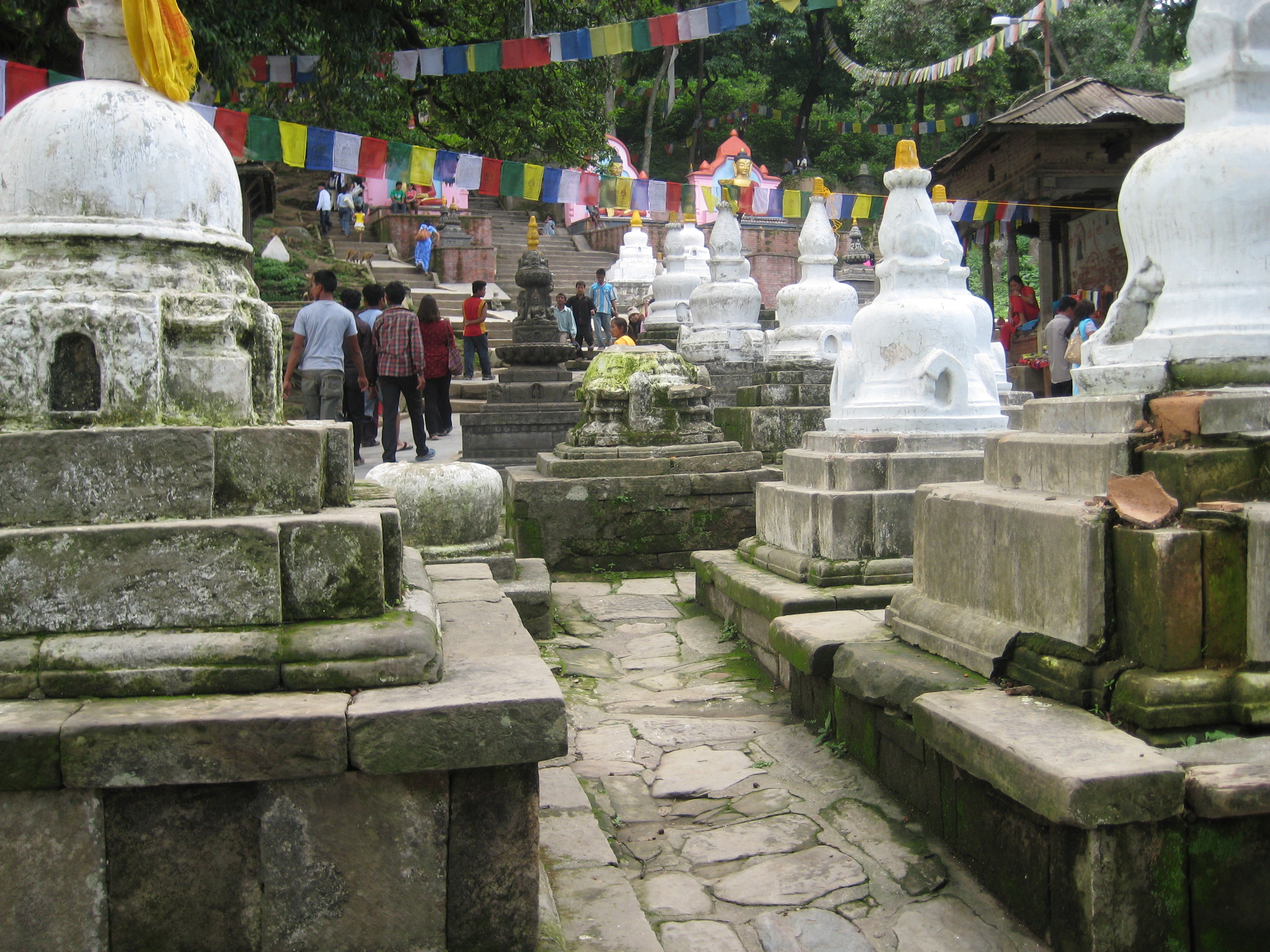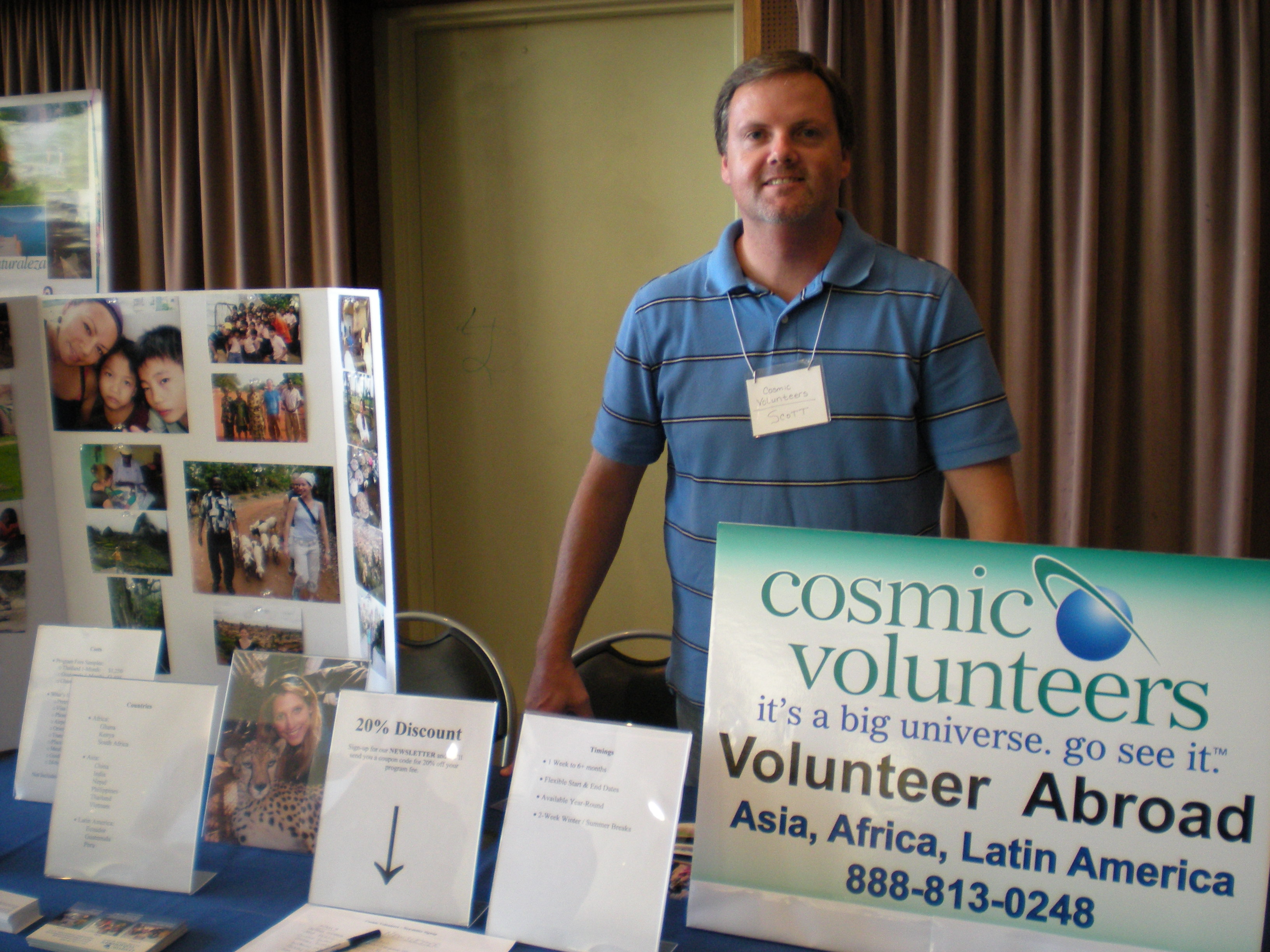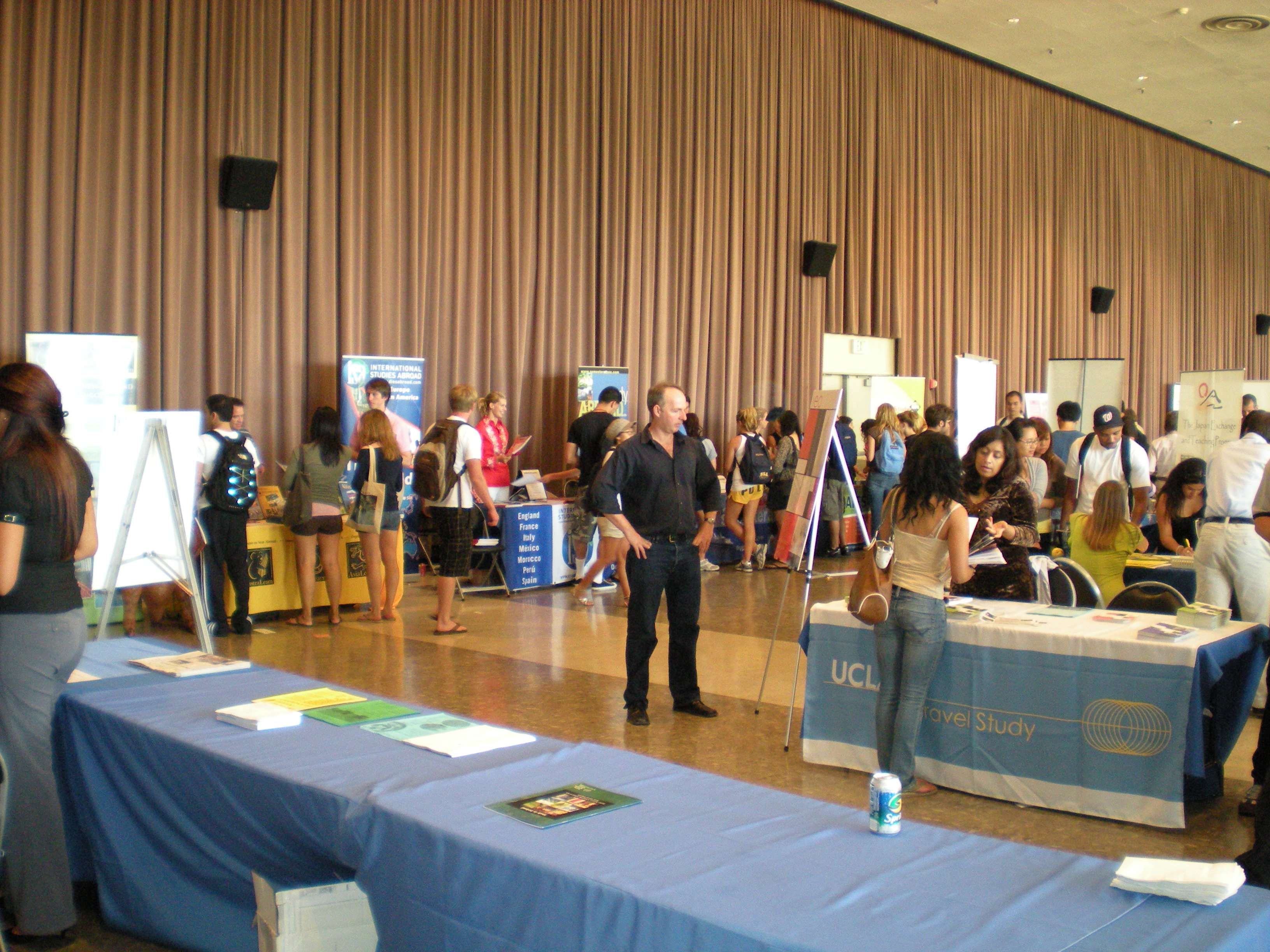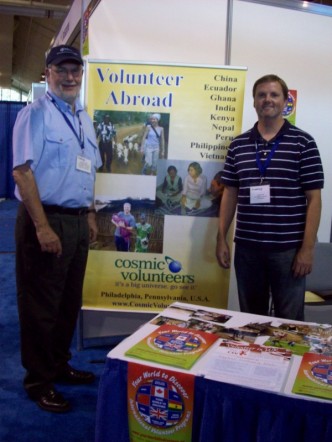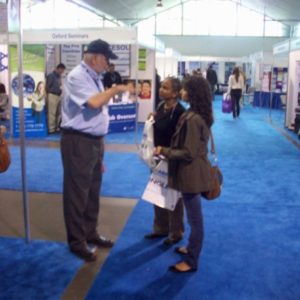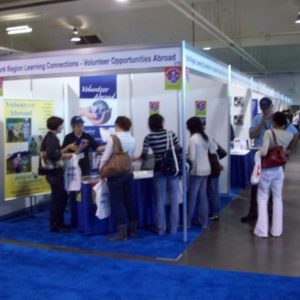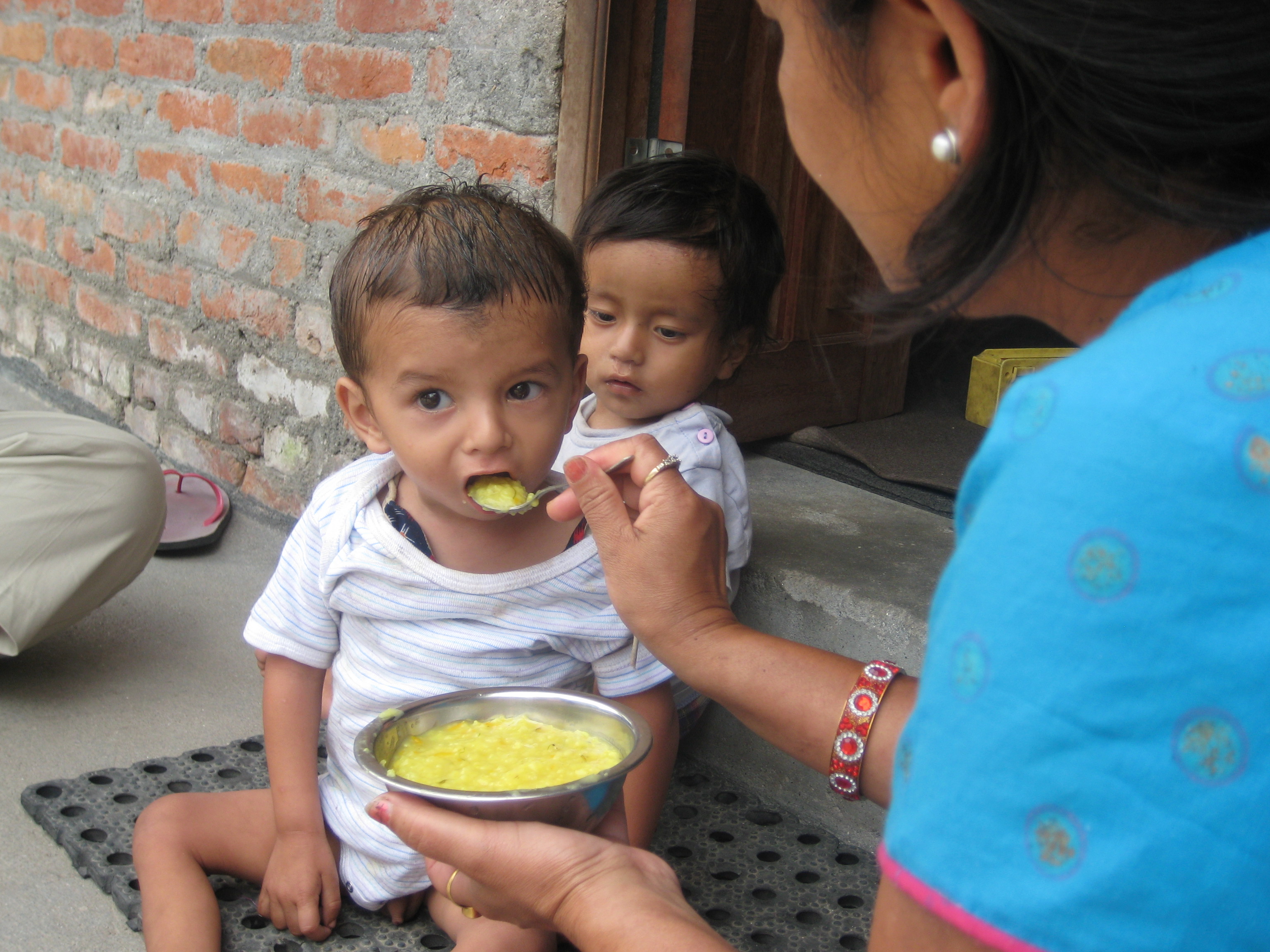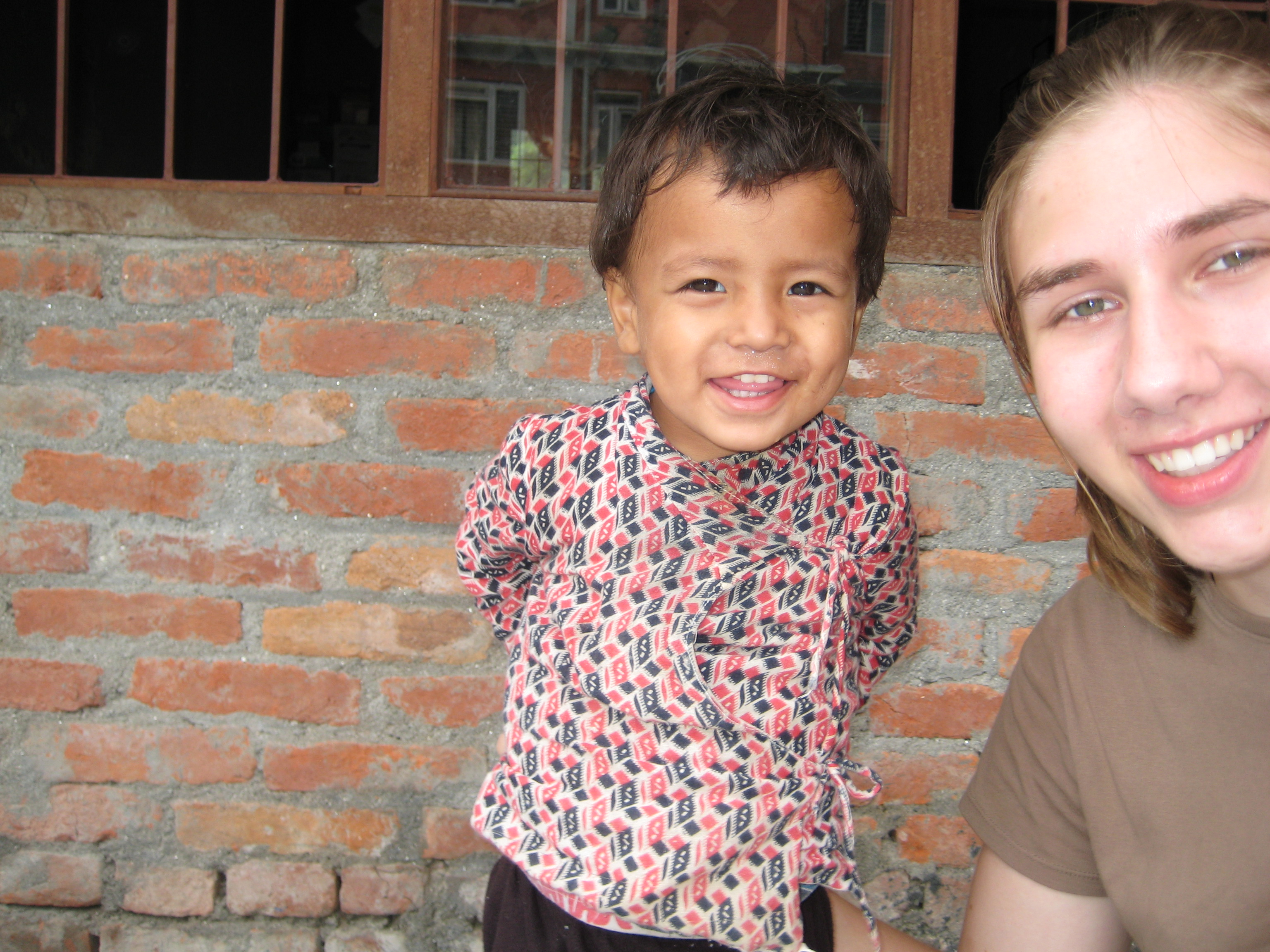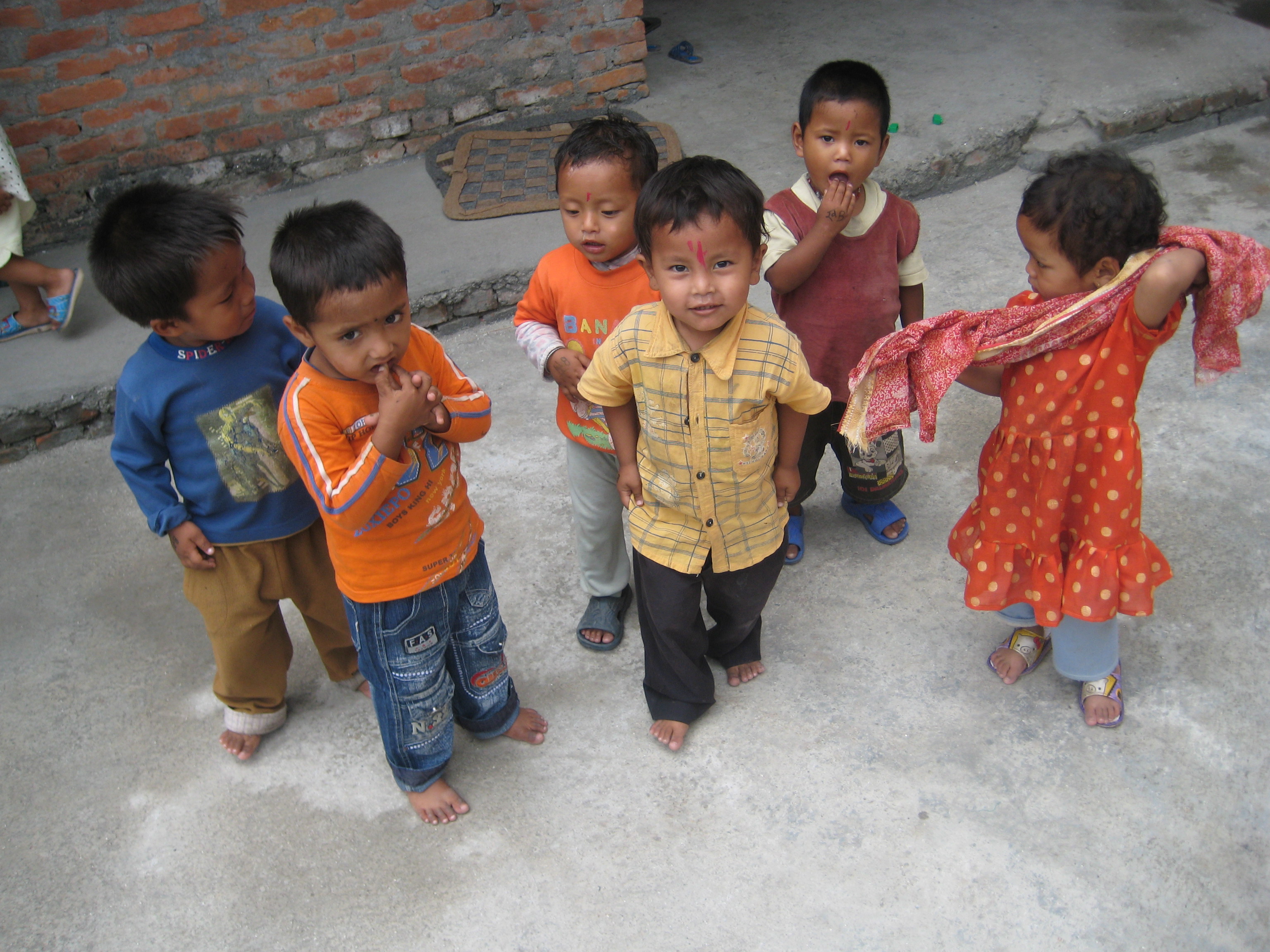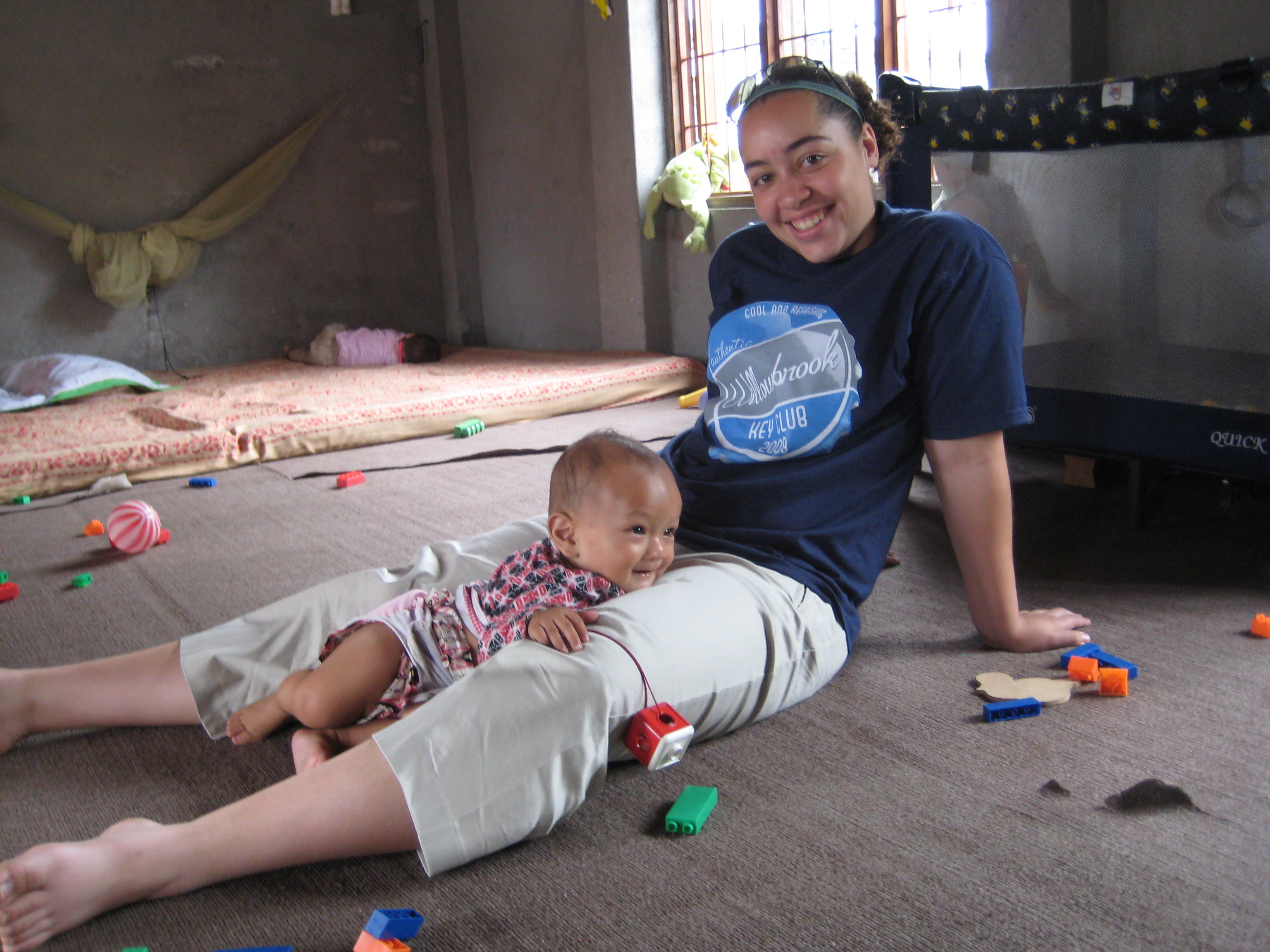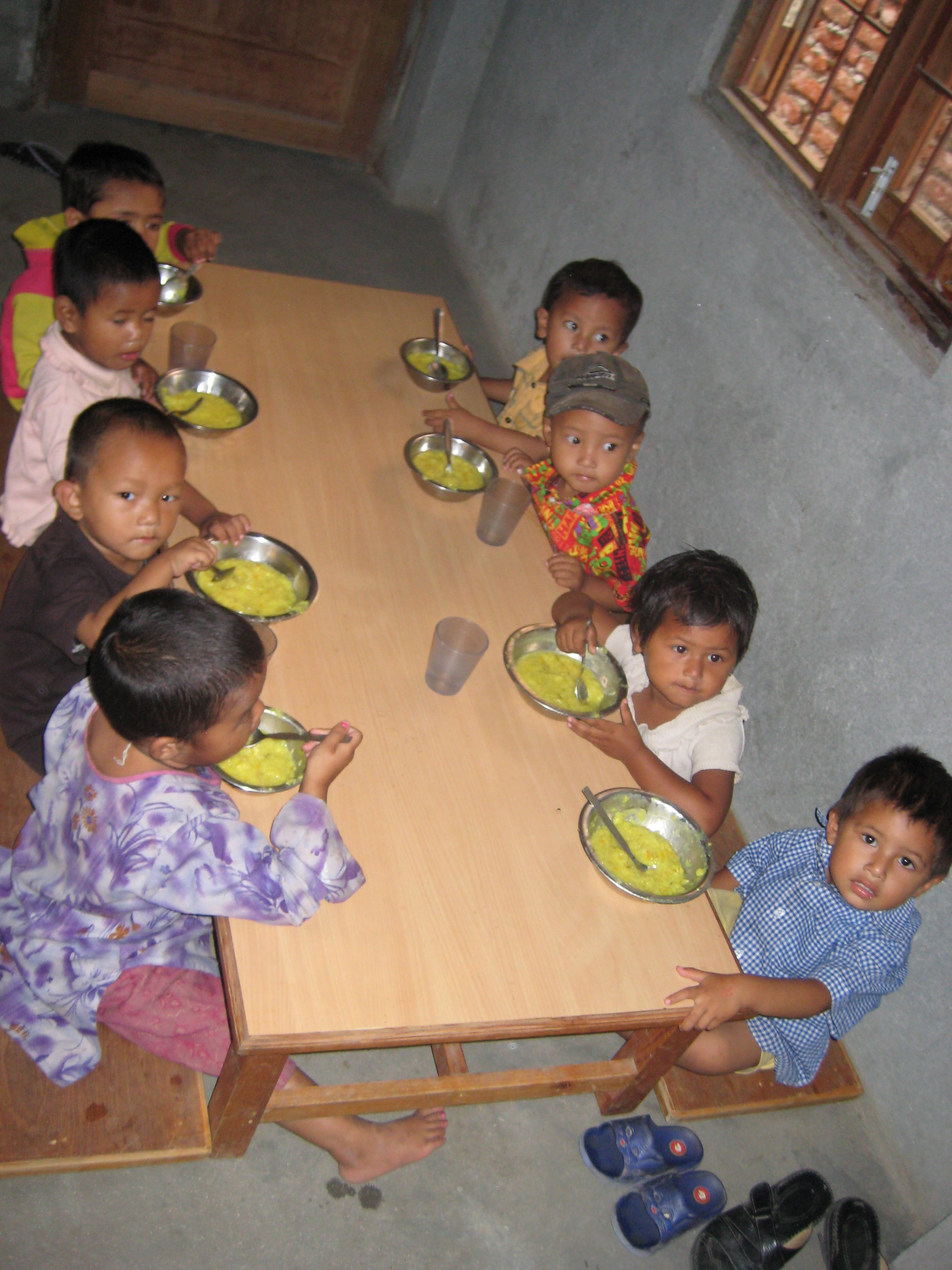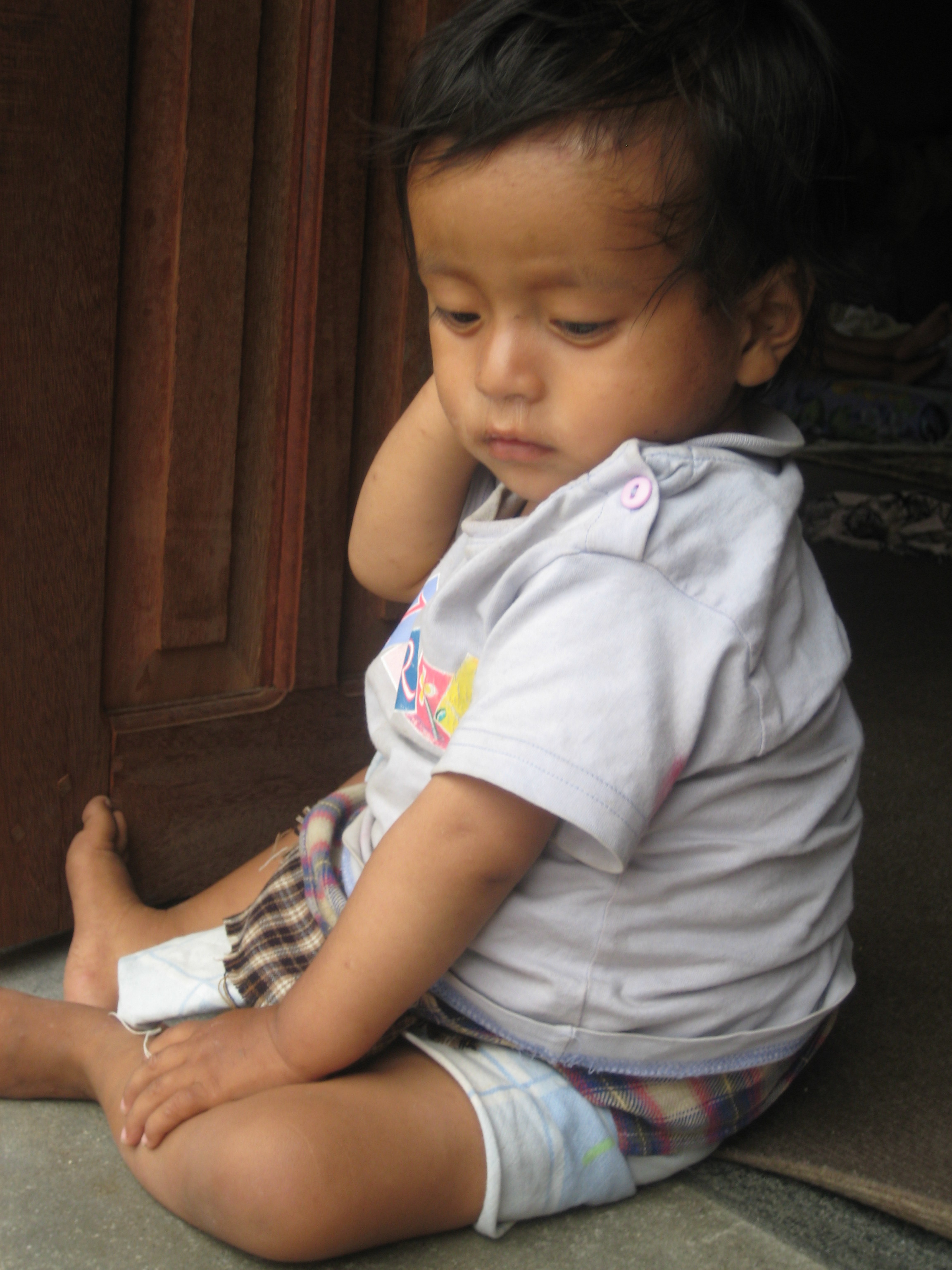Brian Schofield writes in today about Nepal’s resurgence as a tourist destination:
November 23, 2008
It’s the year 2065 [Nepal’s calendar] and change is in the air in Kathmandu. A new living goddess, the Kumari Devi, has just taken up residence in her city-centre temple. Aged just three and a half, she faces a decade of worshipful house arrest before being retired in her impure teens.
On a more temporal plane, a new government has taken power. It’s that fresh regime, a tetchy power-sharing agreement between the country’s Maoist revolutionaries and the old elite, which is bringing change.
After 10 years of civil war that caused untold suffering to the Nepali people, and a comparably trivial collapse in tourism, peace is in the air and holidays are on the agenda.
Trekkers, climbers and rafters are particularly ecstatic that Nepal has calmed down, but, for me, the great prospect was coming back to a capital city so divertingly unfamiliar that not only does it run 57 years ahead of us, it’s an inexplicable five and three-quarter hours ahead of GMT.
And it’s a place so comfortable with spiritual cross-dressing that a dainty descendant of Buddha can be pronounced the living incarnation of Shiva’s wife. Lots of hardy sorts never stopped visiting, of course, but, for us more safety-conscious souls, it’s wonderful to find Kathmandu firmly back on the travel map.
The very first taxi tour from the airport revealed how much this city has been changed by Nepal’s difficult decade. Kathmandu doubled in size during the civil war, to 3m inhabitants, as farmers fled the Maoist press gangs in the mountains. Now, in peacetime, most people have chosen to stay, transforming the city into a pocket Delhi, a cacophonous, congested boom town that would probably appal the hippies who used to trail here.
Staring out at the chaos, I sensed fortunes being chased, chances grasped for, educations ravenously acquired (every third shop front is a school). If only anyone could get anywhere on time. Abandoning the cab in a jam, I strolled the last few blocks to Dwarika’s, and a slice of calm and continuity.
Established in the 1970s as an unlikely hybrid of a museum and a hotel, Dwarika’s is now one of those symbolic success stories every resurgent city needs. The towering courtyard complex combines all the swanky services of a top-line hotel, from the pool to the piano bar, but every window frame, doorway, ornament and fitting is a piece of rescued and restored ancient Nepali craftsmanship. Some of the woodcarvings, all miniature gods and mythical beasts, are 600 years old, carefully encased in the modern buildings – which, thanks to returning tourism, are growing apace, with a new wing under construction and a second courtyard being planned.
Another change to Kathmandu was visible a short distance from Dwarika’s – the “Little Tibet” district isn’t quite so little, these days. Monasteries now line the streets of the sprawling neighbourhood, housing an army of smiling, shaven-headed exiles from Chinese rule. All around, the peace-seeking Buddhist mantra “Ohm Mane Padme Ohm…” echoes ceaselessly from shops and windows, presumably to calm everyone’s nerves from the traffic.
At the centre of the district is the Bodhnath Stupa, the giant Buddhist temple whose four pairs of stark, cyan eyes peer out from beneath a golden pyramid, challenging you to climb its 13 spiritual steps to reach nirvana – an eternally blissful life. Devotees silently tour the white dome of the temple base, spinning prayer wheels, while elderly ladies, clearly in more urgent need of a good next life, circle the complex on their hands and knees.
I found my own one-stop spiritual guide in Tsongamel Lama, a thoroughly modern man of Kathmandu. Previously a Buddhist monk, he now runs an artists’ collective from a shop facing the Stupa. His bestsellers were the astonishing geometric “thangka” paintings, conceived as a bird’s-eye view of a pyramid temple, with each step leading to the central lotus flower of spiritual perfection.
Thangkas are essentially route maps to heaven, and, following Tsongamel Lama’s finger past the stage of enlightened speech to compassionate thought, turning left at wise philosophy, it all seemed very attainable – nirvana in my grasp. But there was a catch: “In the Nepali Buddhist tradition, you do not accept nirvana when it is offered to you – you stay on earth, and you continue to endure the suffering that is life, so that you can help others towards further enlightenment. One Nepali Buddha even fed himself to a tigress, because her cubs were starving.”
The Dalai Lama creates a giant thang-ka out of coloured sand each year, then brushes it away, to teach us that nothing in life is permanent. I bought one from Tsongamel Lama to put on my living-room wall, which presumably misses the point.
Turning back towards the hotel, the sky was soon darkened by another bid for betterment, this time a posthumous one. The Pashupatinath temple complex, the holiest Hindu site in Nepal, is a mass of gilded roofs and fearsome statues, pressed against the banks of the Bagmati River. Cremations take place daily here, each pyre sending smoke towering into the city sky, before the shifty, skinny undertakers unceremoniously scrape the ashes into the water, and set the fire again.
Watching the next crowd of mourners surge past the twisted temple beggars and the glittering paintings of the gods, it occurred to me that there was a time when our cities were like this: chaotic, unsanitized carnivals of human stories, of life and death, ambition and aspiration. I’m not sure I could live in the 2065 version of Kathmandu. The combination of its old idiosyncrasies and its new energy would eventually prove exhausting, but it’s a true privilege to visit. Thank God – or in this supernatural city, more than a million different gods – that it’s back on the map again.

